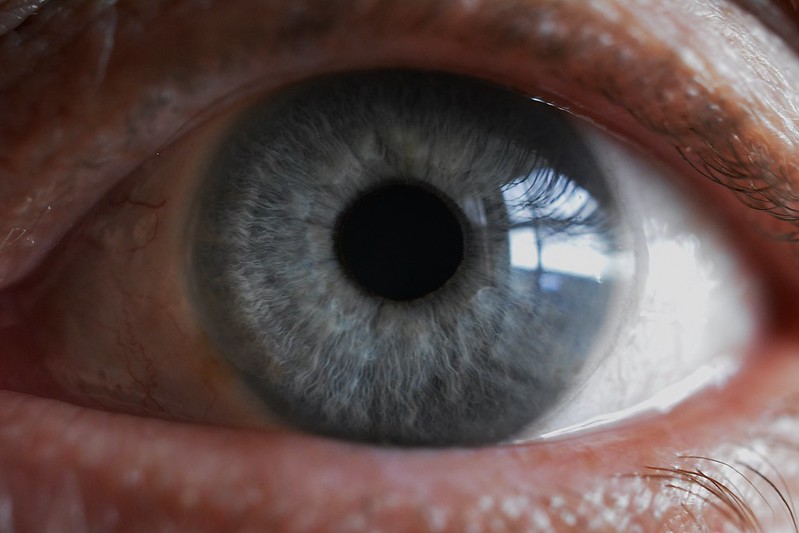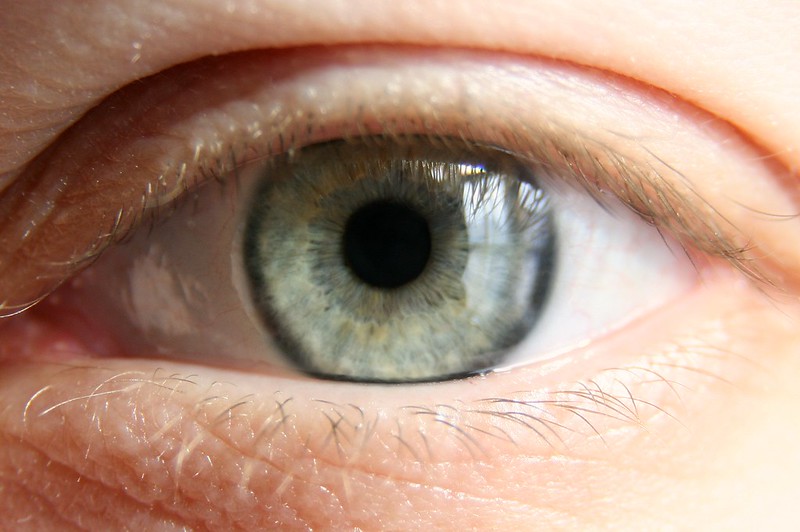In 1990, psychologist Francine Shapiro developed a new type of psychotherapy known as eye movement desensitization and reprocessing or EMDR. EMDR therapy is an effective treatment option for people who suffer from anxiety, panic, post-traumatic stress disorder, or trauma. It’s a way to get over your past.
According to the EMDR Research Foundation, EMDR therapy has been clinically validated by more than 30 randomized controlled studies (the gold standard for clinical studies).
EMDR is an integrated psychotherapy approach that has been extensively researched and proven effective in treating trauma. EMDR treatment includes a set of standard protocols that incorporate elements from many different treatment approaches and have relieved psychological trauma for millions of people of all ages.
What is EMDR therapy?
EMDR therapy is a phased, focused approach to treating trauma and other symptoms by reconnecting the traumatized person in a safe and measured manner with the images, subjective thoughts, emotions, and body sensations associated with the trauma, allowing for natural healing abilities. The brain moves toward an adaptive decision.
It is based on the idea that the symptoms occur when trauma and other negative or challenging experiences overwhelm the brain’s natural ability to heal, and that the healing process can be facilitated and completed through bilateral stimulation while the client re-experiences the trauma in the context of the safe environment of the therapist’s office (dual awareness).
It identifies and processes the traumatic experiences that overwhelm the brain’s normal ability to adapt and, as a consequence, cause distressing symptoms, such as flashbacks or anxiety, or harmful coping strategies, such as the isolating behavior and self-medication with alcohol or drugs.
How does EMDR therapy work?
Through EMDR therapy, individuals safely reprocess traumatic information until it becomes psychologically undisturbed from their lives. Over time, exposure to the traumatic memories will no longer cause negative feelings and distressing symptoms.
EMDR therapy has eight phases of treatment:
- History taking
- Client preparation
- Assessment
- Desensitization
- Installation
- Body scan
- Closure
- Reevaluation of treatment effect
During EMDR therapy, the therapist focuses on a disturbing memory and determines the belief they hold about themselves. If it is related to a negative memory, the technique teaches the person to change their view of themselves by learning to associate it with a positive belief instead.
Does EMDR therapy work?
According to the EMDR Institute, some studies of this type of therapy show that 84-90% of individual trauma victims no longer have PTSD after just three 90-minute sessions.
Another study, funded by HMO Kaiser Permanente, found that 100% of individual trauma victims and 77% of multiple trauma victims were no longer diagnosed with PTSD after just six 50-minute sessions. In another study, 77% of veterans were PTSD-free at 12 sessions.
What is also different about this type of intervention is that the EMDR therapist does not talk to the client during the procedure.
After an EMDR session, it is not unusual for sleep to be affected. Vivid dreams are common as well as feelings of greater sensitivity to interactions with others and external stimuli.
EMDR therapy isn’t the only form of treatment appropriate for people with anxiety, PTSD, panic, and/or trauma. EMDR treatment is often done along with other forms of treatment.
We are happy to discuss EMDR Therapy, combination therapy, or other approaches that may be effective for you.

Eye Movement Desensitization and Reprocessing
Eye Movement Desensitizing and Reprocessing Therapy treatment is short-term, effective, and can be done in person or at home through online therapy.
EMDR Therapy Phases
The eight stages of EMDR therapy are a map that the EMDR therapist follows to provide a framework for understanding the treatment process.
EMDR as Treatment
EMDR therapy is an effective way to get over your past and serves as a treatment option for those suffering from anxiety, panic, post-traumatic stress disorder, or trauma.
EMDR & Anxiety
EMDR Therapy is often used to treat anxiety disorders as more and more clinicians & patients begin to understand the benefits of treatment.
EMDR & Depression
Identifying strong & negative thoughts or beliefs is a key benefit of EMDR Therapy, making EMDR a strong treatment for depression & major depressive disorders.
EMDR & Poor Job Performance
Both employees & executives often work at below their potential because of past trauma caused by a history of criticism, mistakes , self-questioning or relational abuse. EMDR Therapy can help.
EMDR & Low Self Esteem
EMDR Therapy is an effective treatment for helping those with low self esteem. It can define if your feelings are the result of abuse as a child or if something more recent is impacting your self esteem.
EMDR & Sexual Dysfunction
Sexual dysfunction often ties back to deep-rooted psychological causes; EMDR Therapy helps the patient (and therapist) get to the root cause and have a chance to "reprocess" the info for a better result without dysfunction.
I am a Licensed Professional Counselor (LPC) & Mental Health Service Provider (MHSP) in Tennessee
I am a firm believer in the effectiveness of EMDR Therapy and have seen the treatment help my patients time and time again. With over 15 years of experience in traditional personal & family therapy & counseling in my background, I find as an EMDR therapist in Tennessee that the treatment works faster to highlight and address deep-rooted problems than traditional treatment modalities. Most of my patients end up working with me through traditional therapy and counseling while also undergoing EMDR therapy under my direction.

Steven Lepley LPC, MHSP
Licensed in Tennessee
I am a Licensed Professional Counselor, Mental Health Services Provider & EMDR Therapist offering virtual telemedicine appointments throughout all of Tennessee.
Ask me about my experience & how I can help you address the challenges you are facing. Call me or text me at 615.330.2659.
